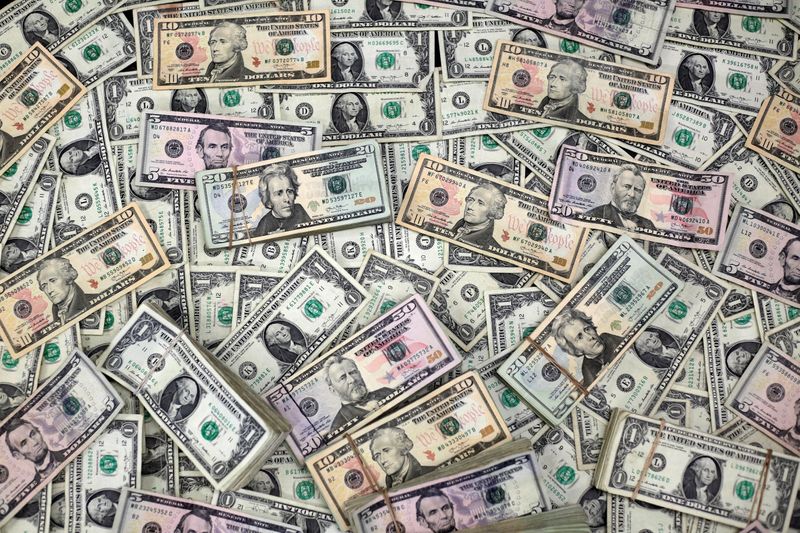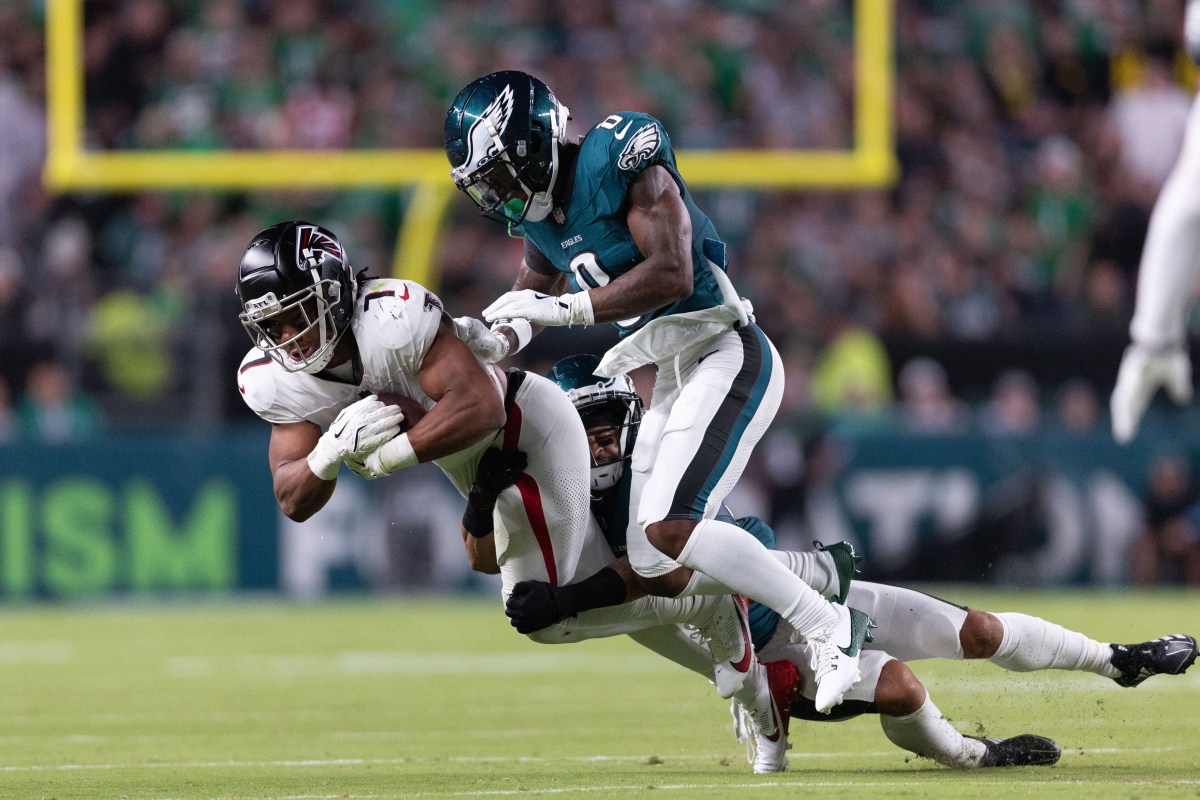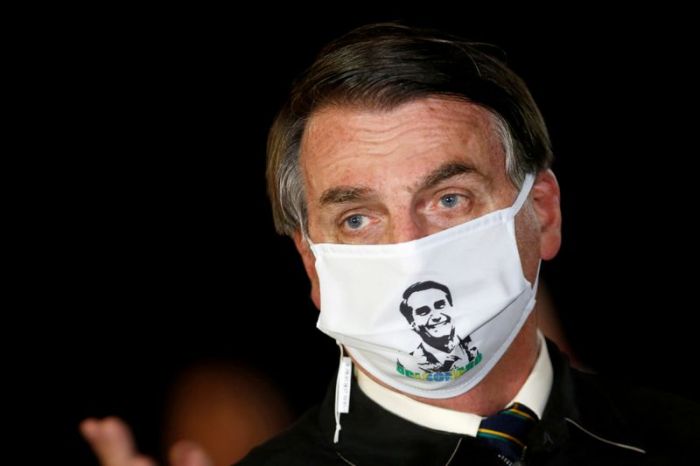NEW YORK (Reuters) – The U.S. dollar rose against a basket of currencies on Tuesday, holding above the near two-week low hit in the previous session, as investors turned uneasy over new coronavirus flare-ups and local lockdowns in some countries.
The U.S. Dollar Currency Index <=USD>, which measures the greenback’s strength against six major currencies, was 0.15% higher at 96.889. On Monday, the index had fallen as low as 96.565 with its 50-day moving average slipping below its 200-day average, viewed as a bearish signal.
Graphic: Dollar death cross, https://fingfx.thomsonreuters.com/gfx/mkt/qzjpqedzwpx/deathcross.png
“There was no data to move markets, though Wall Street posted losses as investors have a rethink, at least for now, on the economic growth outlook, as COVID hot spots continue to slow reopenings around the world,” Ronald Simpson, managing director, global currency analysis at Action Economics, said in a note.
The dollar, viewed as a safe haven, benefits when investors bail on riskier assets.
Riskier currencies such as the commodity-driven Aussie <AUD=D3>, Norwegian crown <NOK=D3> and the Swedish crown <SEK=D3>, which have rallied strongly since April alongside increased risk appetite in global markets, eased on Tuesday.
Lockdown measures were reimposed in Australia’s second biggest city on Tuesday, confining Melbourne residents to their homes unless undertaking essential business for six weeks.
In the United States, Florida’s greater Miami area became the latest hotspot to roll back its reopening as virus cases surged nationwide by the tens of thousands and the U.S. death toll topped 130,000.
U.S. health official Anthony Fauci said on Monday that the current state of the COVID-19 outbreak in the United States “is really not good.”
The surge in U.S. coronavirus cases has made business owners “nervous again,” Atlanta Federal Reserve president Raphael Bostic said on Tuesday.
Sterling was 0.51% higher on optimism that British and European Union trade negotiators could find common ground at a dinner planned for later in the day. [nL8N2EE49L]
(Reporting by Saqib Iqbal Ahmed; Editing by Sandra Maler and Chizu Nomiyama)

























